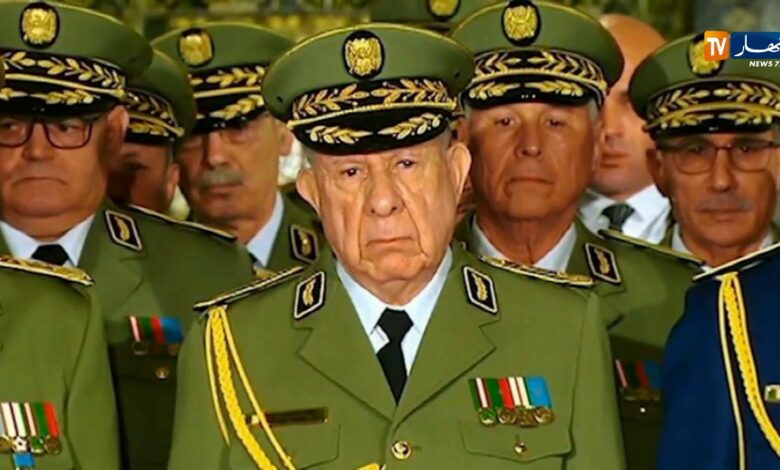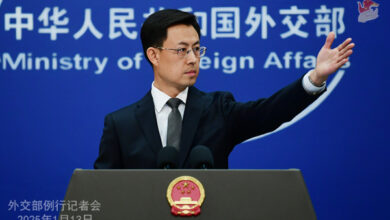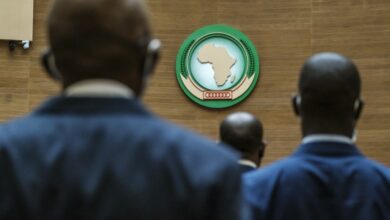The Algerian Army Under Washington’s Spotlight: U.S. Report Exposes the Dark Reality of a Military Regime Fueled by Repression
The Algerian Army Under Washington’s Spotlight: U.S. Report Exposes the Dark Reality of a Military Regime Fueled by Repression

ALDAR / Iman Alaoui
The truth about the Algerian regime, which has ruled the country with a military iron fist for decades, can no longer be hidden. The U.S. Department of State’s annual report on human rights in Algeria paints a damning picture of the nature of power in the country: a police state run by the army from behind the scenes, legitimizing repression through vague laws and silencing dissent in the name of “security” and “counterterrorism.” This is not the account of an internal opposition group or an independent human rights organization, but an official document from Washington submitted to Congress—making it a political slap in the face for Algeria’s military regime.
The army, which presents itself as the “protector of the state,” has once again shown that it is the main beneficiary of the weakening of civil society and the marginalization of political parties. It has become a force above institutions, controlling the judiciary, imposing censorship on the media, and using security services to silence any voice demanding change. The report explicitly referred to arbitrary arrests, torture and ill-treatment, repression of journalists, and restrictions on religious and union freedoms. All of this reflects the reality that Algeria is not governed through a constitution or civilian institutions, but through directives issued from military barracks.
The popular uprising that erupted in 2019 marked a turning point, revealing the people’s rejection of military rule. Millions who took to the streets chanted “A civilian state, not a military one,” but the regime’s response was purely security-driven: arrests, political trials, and a deliberate smear campaign against the Hirak movement. Today, the U.S. report confirms that those violations were not temporary, but rather a systematic policy that continues to this day.
Even more concerning is that the regime exploits the country’s oil resources to buy internal loyalty and cover up its failures abroad. Instead of investing in political and economic reforms to restore public trust, the army prefers to fund patronage networks and propaganda that justify its grip on power. Yet reports like this demonstrate that the world no longer believes the official narrative, and that Algeria is increasingly seen internationally as a vast prison for its own citizens.
The message conveyed by the U.S. document is clear: the Algerian army can no longer conceal its authoritarian nature, and invoking “national sovereignty” convinces no one. The regime now faces a dual pressure: an internal one that has not completely faded, and an external one that is beginning to intensify. History teaches us a simple lesson: regimes that rely on the military and repression eventually fall—no matter how long it takes—because people can never be defeated forever.





